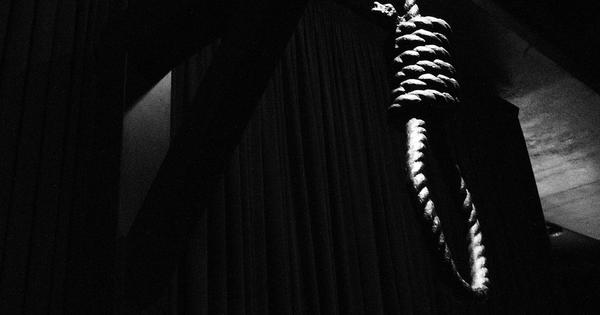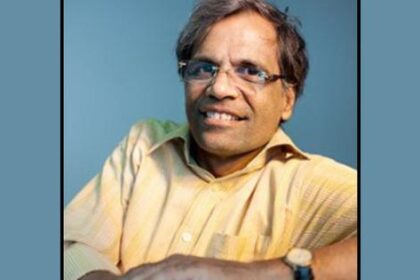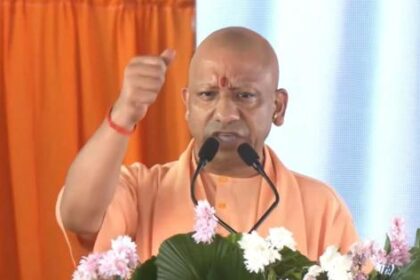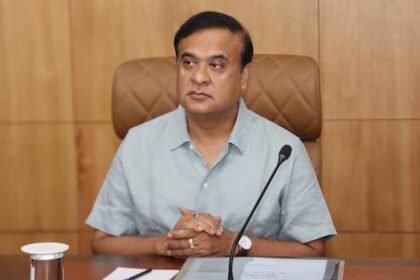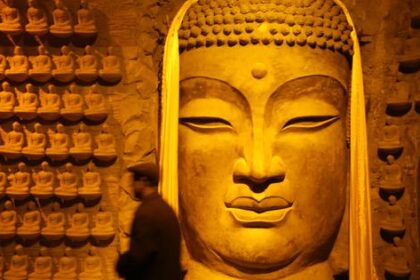Supreme Court questions the Centre’s reluctance to consider humane execution methods for death row convicts.
The Supreme Court has expressed criticism towards the Centre’s opposition to offering death row convicts the choice between hanging and lethal injection as methods of execution. This discussion arose during a public interest litigation hearing, where advocate Rishi Malhotra represented the petitioner’s viewpoint. He argued that lethal injection is a more humane alternative compared to hanging, which he described as a cruel and lingering process that can take up to 40 minutes.
According to reports from Live Law, the Supreme Court bench, consisting of Justices Vikram Nath and Sandeep Mehta, indicated that the government is “not ready to evolve” in response to changing societal values and standards. They highlighted that the practice of executing convicts by hanging is outdated and that the legal system needs to adapt to contemporary views on human rights and dignity.
Malhotra’s petition, filed in 2017, advocates for the abolition of hanging as a method of capital punishment. He emphasized that death by hanging results in prolonged pain and suffering, advocating instead for alternatives such as intravenous lethal injection, shooting, electrocution, or gas chamber execution, which could result in death within minutes. He further called for the recognition of the right to die through a dignified procedure as a fundamental right under the Constitution.
As part of his legal argument, Malhotra sought to have Section 354(5) of the former Code of Criminal Procedure declared unconstitutional. This section mandates that a person sentenced to death be hanged by the neck until dead. He contended that this method is not only barbaric and inhumane but also contravenes the United Nations Economic and Social Council resolution, which states that capital punishment should inflict minimal suffering.
In a recent update from May 2023, the Centre informed the Supreme Court that it was contemplating the formation of a committee to evaluate the suitability of hanging as the method for executing death penalties. During the hearing, the Centre’s counsel mentioned that further instructions would be sought from the government regarding the status of this proposed committee.
The Supreme Court’s remarks have reignited a dialogue on the evolving standards of justice and punishment in India, raising questions about the appropriateness of existing practices in light of contemporary human rights considerations. The bench has scheduled the matter for further hearing on November 11, indicating an ongoing engagement with the issues raised in the petition.

